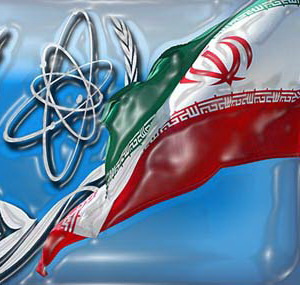Iran Needs a Unified Nuclear Strategy

Davoud Hermidas Bavand, university professor and nuclear affairs analyst believes that:
February is the deadline set by Five plus One for Iran to respond to their proposal. It is predictable that Americans will start their unilateral punitive measures against Iran after the deadline. Sanction proposals have been ratified by the Congress and with Senate’s approval of the bills, the U.S. president will have more options to pressurize Iran. The impact of Iran’s domestic developments on Five plus One decisions are also undeniable, as evident in the critical remarks of British, French, Italian and American foreign ministries. At the current circumstances, Iran does not seem to be in a position to make a clear decision on its nuclear challenge with West, but until February developments may take place that influence the course of nuclear negotiations.
The most important concern at the moment for Western powers is to extract Iran’s 1200-kilogram stockpile of low-enriched uranium. The destination of this load is of secondary importance for West. There is no difference between Russia and Turkey in this regard.
For Iran, to break the impasse in the nuclear affairs, there is a need for a unified strategy that gains the approval of all influential domestic political camps. Such a strategy has been missing so far, as it was testified by Iran’s approval of the initial proposal to exchange the uranium stockpile with nuclear fuel, and the later rejection. Besides the need for unanimity and unified strategy, to advance a deal over the nuclear program, Iranian negotiators should be conferred with further freedom in making decisions. In that case, the impact of internal developments may be reduced.

